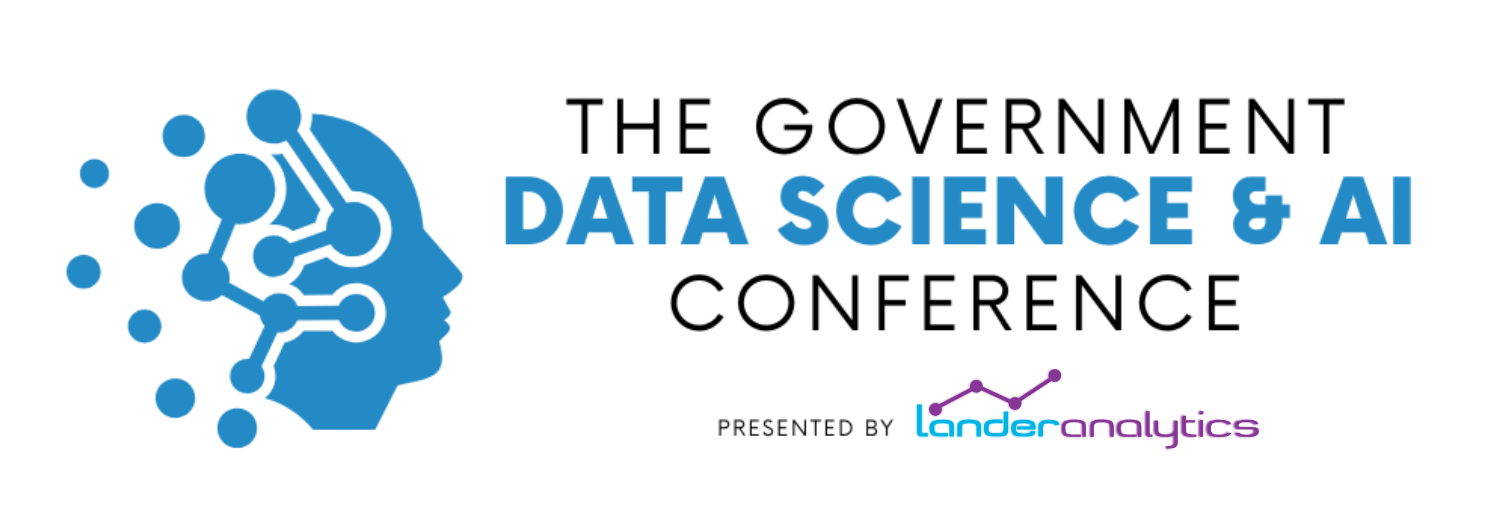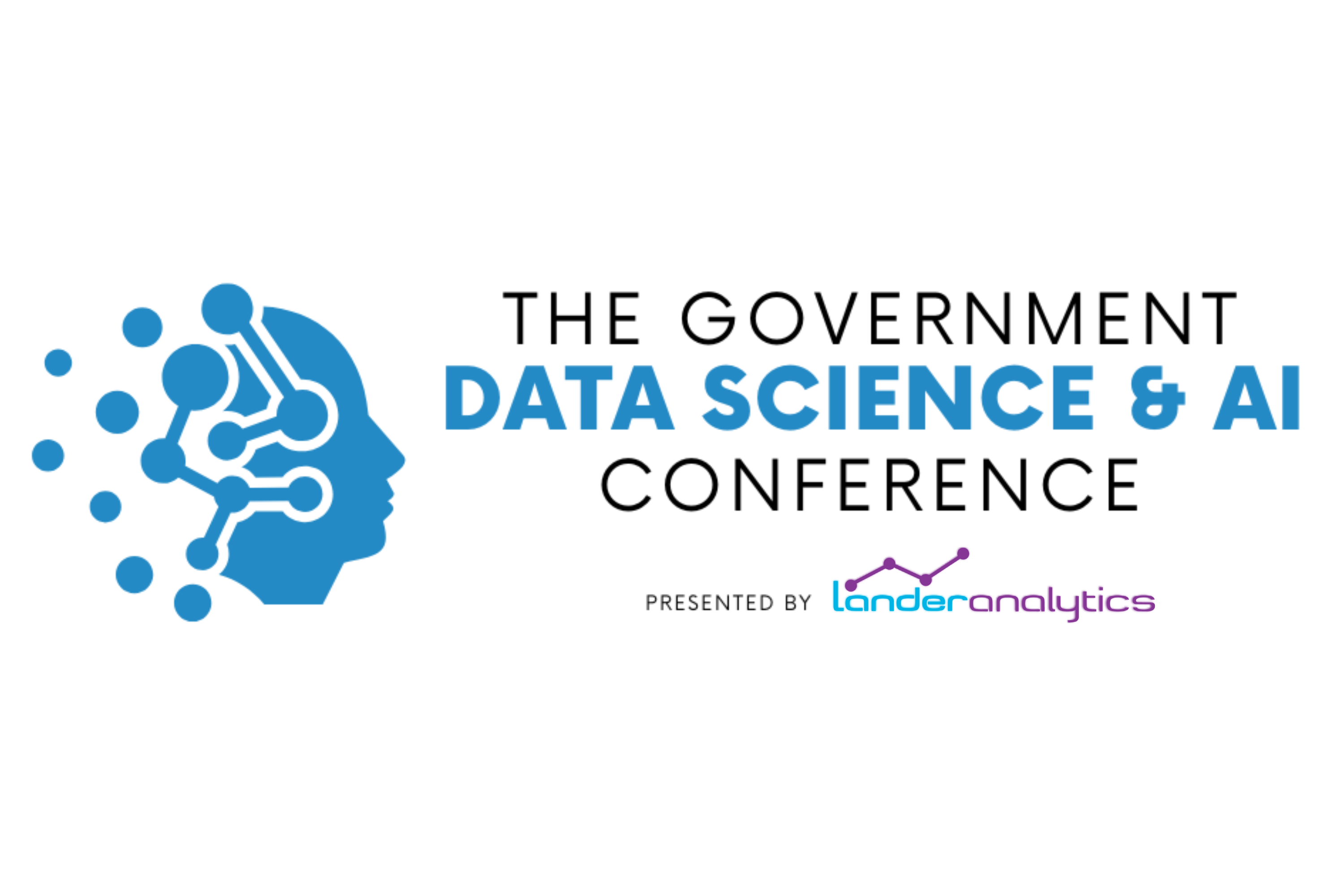The Government Data Science & AI Conference Presented by Lander Analytics
This year’s Government Data Science & AI Conference is on pause due to the government shutdown, but we remain committed to fostering connection and innovation within the public sector data science and AI community.
© Lander Analytics 2025

